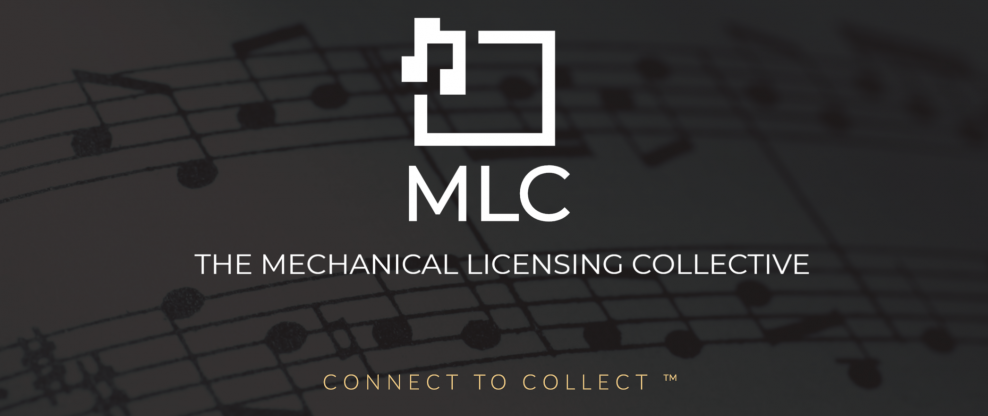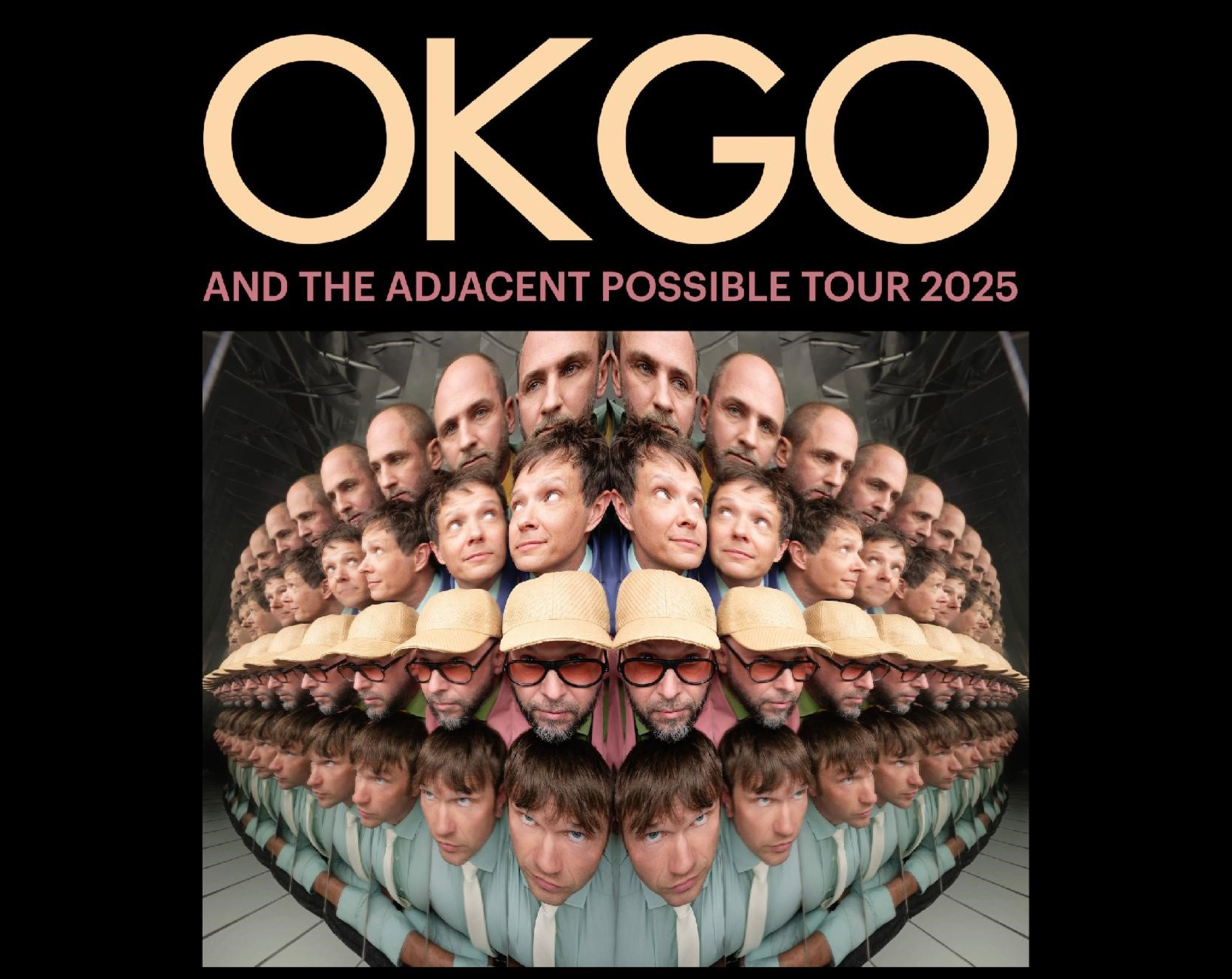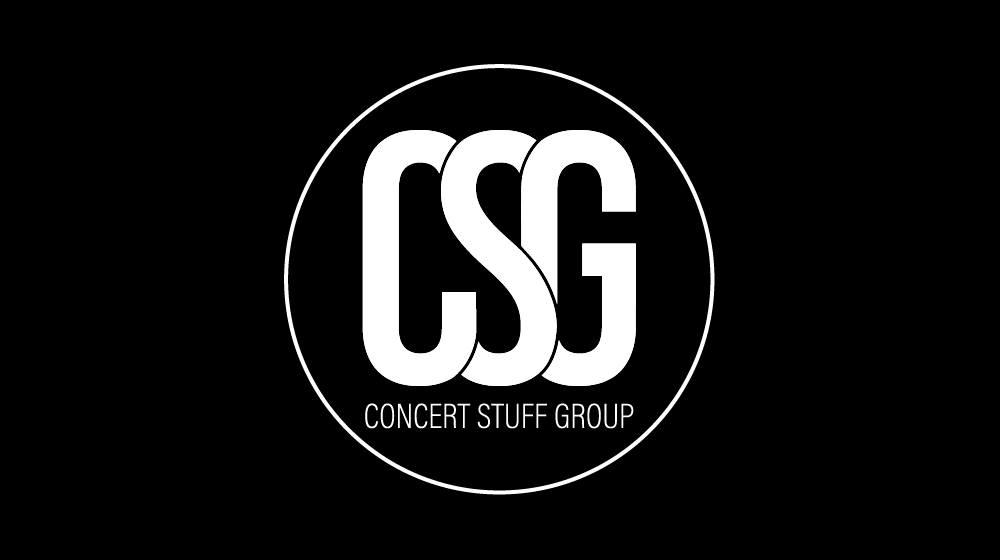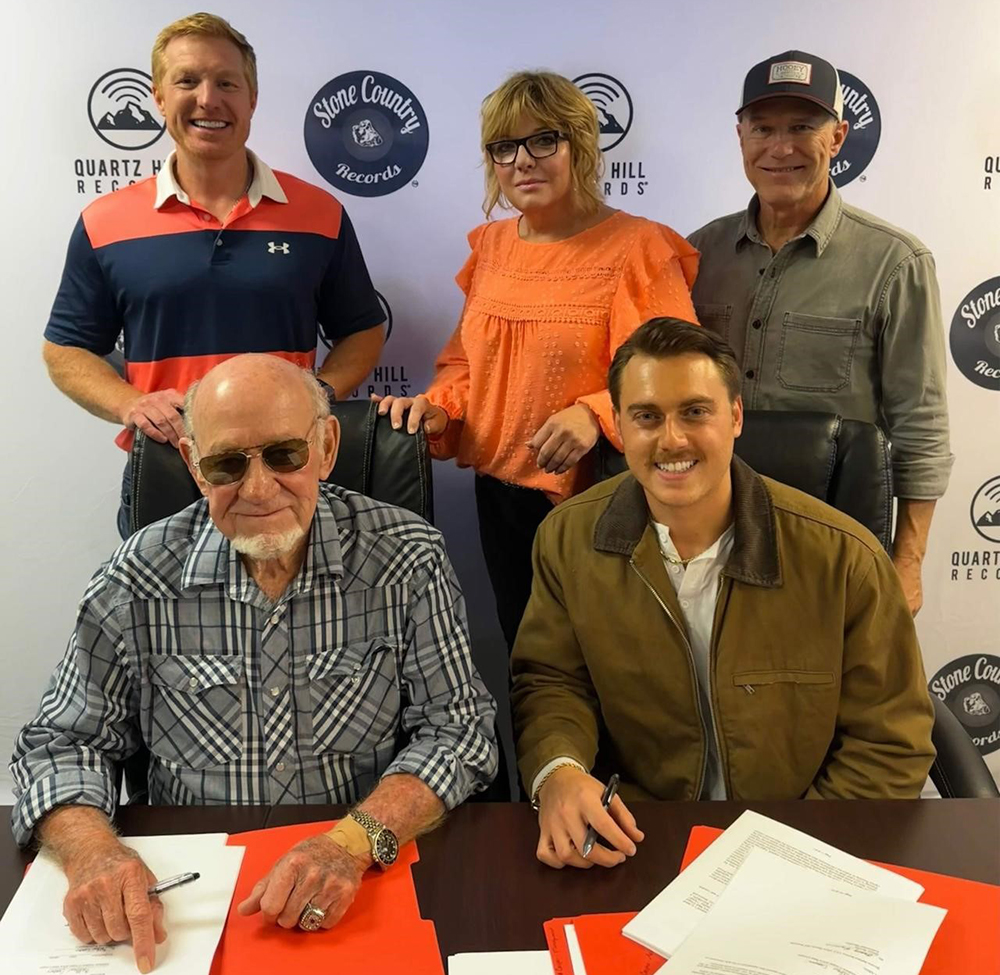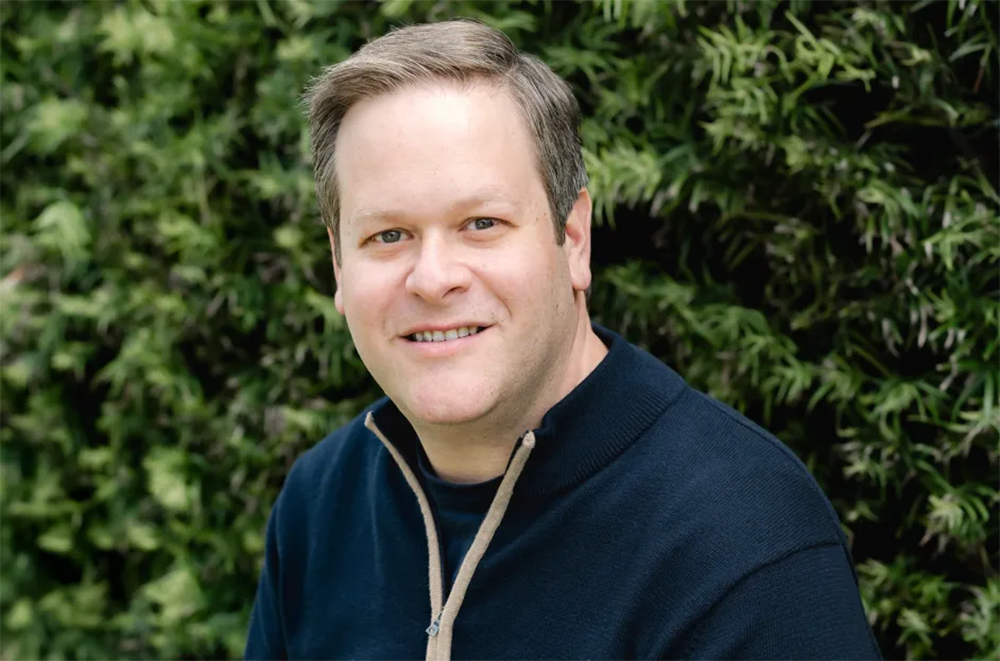(Hypebot) — During January, Artist Rights Watch fielded a survey to songwriters, hoping to gauge their level of awareness surrounding the Music Licensing Collective. Here, we break down some of the results and recommendations that were gleaned from it.
Guest post by Chris Castle of Music Technology Policy
Our sister site Artist Rights Watch fielded a Mechanical Licensing Collective Awareness Questionnaire during January targeting songwriters attending our MLC webinar. (MLC Awareness Questionnaire 1/31/21 n=120.) The purpose of the questionnaire was to give the panelists some idea of the awareness level of attendees about the issues we intended to discussed based on early responses to the survey. You can read the analysis of the responses here, but I’m going to discuss them briefly.
Of the 120 people who responded, responses suggest that approximately 70% of respondents personally handled the business and administration of their song catalogs, 50% were self-administered, and 50% administered song catalogs of 100 songs or fewer. In other words, the majority of respondents were exactly the kind of self-administered songwriters or administrators we sought to connect with and who are eligible to stand for the MLC board seats devoted to self-administered songwriters if the right insiders nominate them . We are still analyzing the geographic data, but about 16% were from California zip codes with the rest distributed across Texas, Georgia and other fly-over states.
The basic questions about the MLC awareness we were trying to better understand were whether respondents even knew what we were asking about, and if so, how did they know. This will help understand the success of the information efforts to date by the MLC, the DLC, and the Copyright Office. We also wanted to know if respondents felt that they knew enough about the MLC to advocate for themselves with the MLC as an effectiveness metric for other educational efforts to date.
An encouraging 63% of respondents had heard of the MLC, but 22% had not. Less encouraging was 6.67% who had both heard of the MLC and successfully registered and 4.17% who had heard of it but had not been able to register.
When asked how they had heard of the MLC, respondents were asked to respond to a list of potential sources, including “other”. The largest source of information was “news media” at 27.35% and the next largest was “other”, which included a variety of sources including The Trichordist, Artist Rights Watch and MTP.
However, given the other answers, the education efforts of the MLC (including HFA), the DLC and the Copyright Office did not seem to be making much penetration into these respondents, although the Copyright Office led the pack, sometimes by a lot. This is curious because it’s not really the Copyright Office’s job and they are not being paid millions to do it.

As a measurement of the cumulative effectiveness of the educational outreach by the MLC, DLC and Copyright Office, we asked whether respondents felt they could advocate for themselves with the MLC. 60.83% answered “no” or that they “could use some help.” This was surprising, and I would have preferred to see that number down in the single digits.
Of those who tried to register with the MLC, 15.38% of respondents successfully registered, 12.5% were told to use HFA, but 32% were “not sure” what they were told to do by the MLC. I think that it’s safe to explore whether the data indicate that the educational outreach has resulted in an abysmally low registration rate.
For whatever reason, this language has appeared on the MLC’s website in recent days:
Prior to January 1, 2021, DSPs operating under a compulsory license were required by law to account to rightsholders on a monthly basis, within 20 days after the end of each month. Starting on January 1, 2021, DSPs operating under the new blanket license will have 45 days after the end of each month to send their usage reports and royalty payments to The MLC. The MLC will then take 30 days to perform its matching functions and calculate the royalties due to each of its Members. That means that The MLC will send out royalty payments and statements to Members roughly 75 days after the end of each monthly period. Because the total duration of the new distribution process will be longer than the old process, there will be a two month gap at the beginning of 2021 between the time rightsholders receive their last monthly statements and payments from DSPs under the old process and the time when they receive their first monthly statements and payments from The MLC under the new process.
12% of respondents said that they were paid monthly and 60% of respondents were paid quarterly or “other” than monthly or quarterly.
We will be studying the responses over the coming weeks, but I had a few thought on the responses and a couple of recommendations.
- I’m going to ask if ARW can field the same questionnaire periodically to see how responses vary over time.
- It appears that of all the media the experts are using to get their messaging out, the one making the greatest penetration for mere awareness is news media. However, respondent’s lack of confidence in their ability to register with the MLC as well as the low level of successful registrations hasn’t yet supported a conclusion that the experts’ well-funded efforts are producing greater MLC registrations or a greater understanding of how to register, or, and most importantly, actual registrations.
- There seems to be considerable confusion for whatever reason about someone else doing the registration for songwriters, be it administrator or publisher. Outside of the survey, we have anecdotal evidence that songwriters are finding that their songs are not registered with the MLC after having been assured they would be by their publishers. Because of the announced songwriter payment gap that the MLC anticipates in the first few months of its operations, songwriters may only find out they are not registered when their payments stop.
Recommendation: One technique I observed with a SoundExchange information session was that artists were able to bring their laptops to a seminar where they were literally walked through the SoundExchange registration process step by step after the informational Q&A session concluded. Even during COVID this could be accomplished using screen share. By using this technique, the MLC could make sure that the end result of their webinars, etc., was that songwriters or publishers registered works and learned how to do so for the remainder of their catalog. Plus they knew who to call if they had any problems or further questions. This takes time, but the whole process takes time and you’re only fooling yourself if you think otherwise, to be blunt. I would say that it matters less how these people managed to waste two years in which they could have been doing this than it does to fix the problem right here, right now. Do not let them tell you that the need only arose on the License Availability Date of 1/1/21 because that is just a CYA lie.
Recommendation: The experts should make a focus of their messaging a very clear statement that if you don’t register you will not get paid. That is the harsh reality. By hiding that ball, they do everyone a disservice. Maybe an unregistered songwriter will eventually be able to claw their royalty back from the black box at some point in the future, but in the time of COVID, that claw back comes with a mortality rate.
Recommendation: No accrued but unpaid royalties for the first two or three years of the MLC’s operations should be able to be placed in the black box. Not that they wait to pay out black box for 3 years, but they cannot use any of this money for black box–ever. Like state unclaimed property offices, they hold the money forever. The reason is that there is a greater than 50% chance that the reason funds are unmatched is because of the MLC’s startup missteps, not anything the songwriter did.

